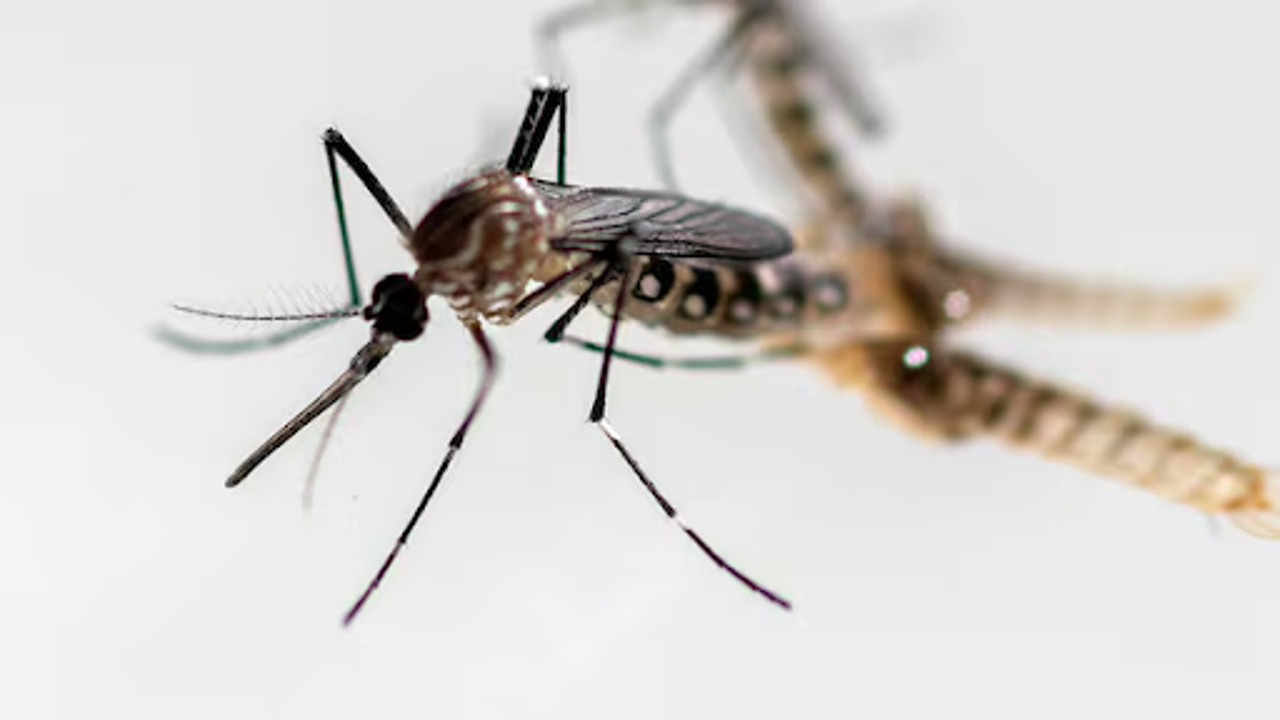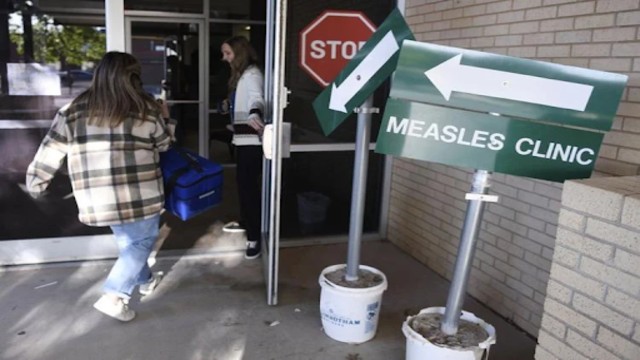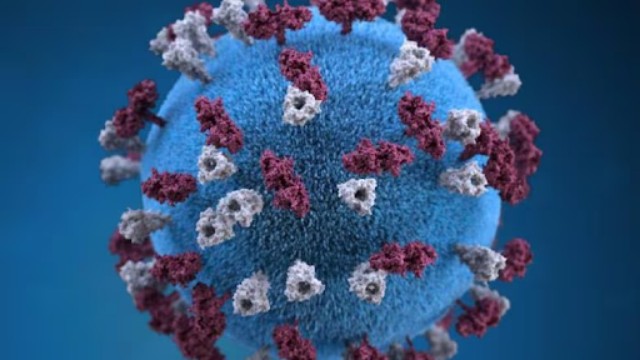
A rare and dangerous mosquito-borne virus has put Massachusetts communities on high alert, leading some areas to impose evening curfews and reschedule events. The virus has recently caused the death of an elderly man in the U.S., and Health Canada has confirmed that a horse in Ottawa has tested positive for it. CBC News
In a rare and concerning development, a resident of Hampstead, New Hampshire, has died after contracting eastern equine encephalitis (EEE), a severe mosquito-borne illness. This is the first reported case in the state in ten years, according to the New Hampshire Department of Health and Human Services. The patient, an adult, had been hospitalized with severe symptoms affecting the central nervous system.
Eastern equine encephalitis is a serious disease, with about one-third of those infected succumbing to it. Survivors often face significant long-term disabilities, both mental and physical. Unfortunately, there is no vaccine or antiviral treatment available for this illness. On average, the United States sees around 11 cases of EEE annually, according to health experts.
The last case in Canada was reported back in 2016, but recent findings in Ottawa indicate that a horse has tested positive for the virus. This has prompted local public health officials to issue several recommendations to minimize the risk:
- Use insect repellent.
- Wear light-coloured long pants and long sleeves.
- Ensure that windows and doors have screens.
- Remove or empty any standing water around your home.
In New Hampshire, EEE has also been detected in mosquitoes and one horse this summer. The state experienced a similar outbreak in 2014, which resulted in three human cases, with two fatalities. Additionally, neighbouring states, including Massachusetts and Vermont, have reported human cases this summer.
The symptoms of EEE initially resemble the flu but can escalate to severe neurological issues, including brain inflammation and damage to the spinal cord. As a precaution, some Massachusetts communities have restricted outdoor activities and sprayed pesticides to control the mosquito population.
Dr. Michael Libman, an infectious disease specialist from McGill University in Montreal, reassured the public that while outbreaks of EEE in the U.S. and New England are rare, vigilance is essential. He emphasized that while Canada monitors mosquito-borne diseases, EEE cases are not mandated for reporting, unlike West Nile virus cases.















